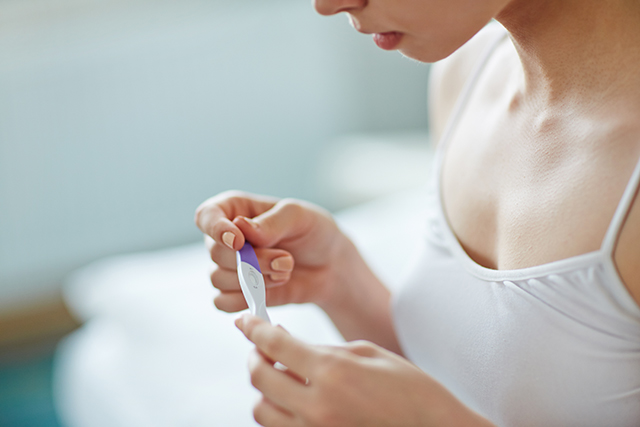Breast cancer seems to target the most vulnerable patients. Almost 10% of cases are in young women of reproductive age who may want to raise a family. Some patients may already have a family and want to add to it, others were just getting ready to have children when they became ill. The situation is often difficult because chemotherapy can be so destructive to ovarian tissue. In addition, many patients with breast cancer are treated with long-term hormonal agents, and they find themselves in early menopause.
Breast cancer survivors could pursue their child-bearing goals if they were able to undergo fertility preservation prior to cancer treatment. The current standard method of fertility preservation is cryopreservation of oocytes or embryos after ovarian stimulation. However, these methods may not be made available to everyone who would take advantage of them. Results of a new study from Sweden demonstrated that fertility preservation prior to breast cancer treatment has a high success rate of achieving pregnancy and a live birth after treatment.1
Anna Marklund, PhD, and her colleagues at Karolinska Institutet in Stockholm, Sweden, recently reported on their investigation into long-term reproductive outcomes in breast cancer survivors. 1 The investigators noted that approximately half of young breast cancer patients would like to become pregnant after their treatment is finished; unfortunately, their chances of achieving a live birth are 40% to 60% less than women in the general population. Now that the 5-year survival rates for breast cancer have improved to approximately 90%, the possibility of pregnancy after breast cancer is increasingly becoming an area of research. From improving a survivor’s chances of achieving pregnancy on through how she can accomplish breastfeeding, researchers and clinicians are helping women who survive breast cancer achieve their goals to have a family.
To this end, the Swedish group conducted a prospective cohort study of 425 women who had breast cancer and underwent fertility preservation between 1994 and 2017. A control group was made up of 850 women with breast cancer who had not undergone fertility preservation and were matched for age, time of diagnosis, and location. Both groups included women who became pregnant via assisted reproductive technologies (ART) as well as natural conception.
